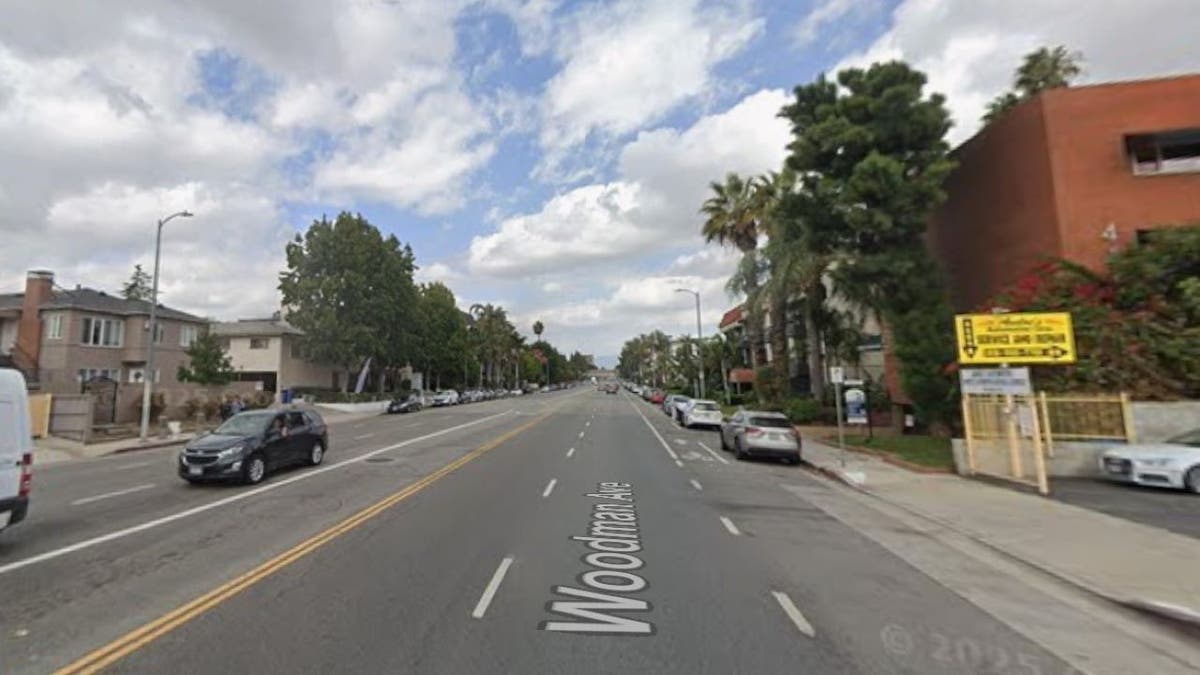NEWYou can now listen to Fox News articles!
An 80-year-old Holocaust survivor and Ukraine war refugee was killed by a hit-and-run driver in Los Angeles on Tuesday.
The victim has been identified as Andriy Korshunov. Both he and his dog were killed when a driver crashed into them with a Maserati as they were crossing a street in the San Fernando Valley. Korshunov’s family says he immigrated to the U.S. after war broke out in Ukraine, and he had also survived the Holocaust as a child.
Witnesses of the crash attempted to resuscitate Kroshunov at the scene of the crash, but he was later pronounced dead when brought to a hospital by first responders.
Kroshunov’s daughter, Ilana Korshunov, expressed shock at the callousness of the driver.
SUSPECT ACCUSED OF KILLING COLLEGE PRE-MED STUDENT HAS A CRIMINAL HISTORY: COURT RECORDS

Holocaust survivor and Ukrainian war refugee Andriy Korshunov was killed by a hit-and-run driver. (Ilana Ceitlin/GoFundMe)
“He didn’t help him. He just hit and run,” she told KTLA. “He killed two souls. I don’t know what he thinks about this. I mean, what horrible person he has to be to do that. How come?”
“God sees everything, and God sees what he’s done,” she said. “He has to do something. First of all, apologize to God for what he’s done.”
PORTLAND POLICE RELEASE PHOTOS OF SUSPECT ACCUSED OF SHOOTING 2 OFFICERS

Kroshunov was killed at the intersection of Woodman Avenue and Moorpark St. in Sherman Oaks, California. (Google Maps)
The driver’s identity remains unknown. The Maserati stopped briefly after the crash before speeding off. Police found the vehicle abandoned nearby with no license plates.
Police say they are running DNA tests on the vehicle in hopes to find the driver, in addition to canvassing nearby homes for potential surveillance footage of the crash.

The driver in Tuesday’s hit-and-run was driving a Maserati. (Maserati)
CLICK HERE TO DOWNLOAD THE FOX NEWS APP
Authorities are offering a reward of up to $50,000 for information leading to the suspect’s identity, apprehension and conviction.
The victim’s family has launched a GoFundMe campaign to cover funeral expenses and the cost of transferring Korshunov’s remains back to Ukraine.

